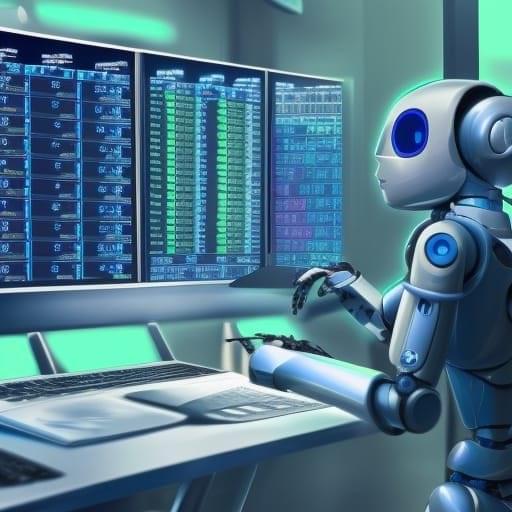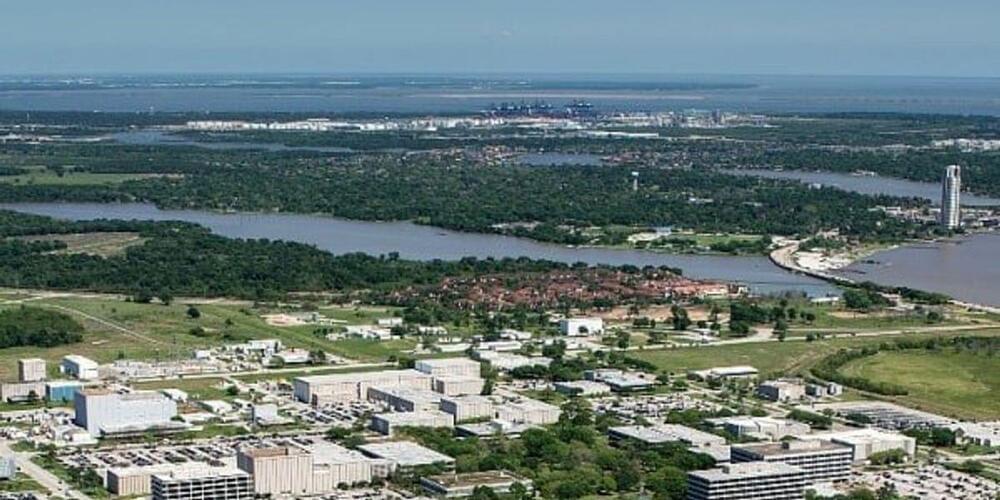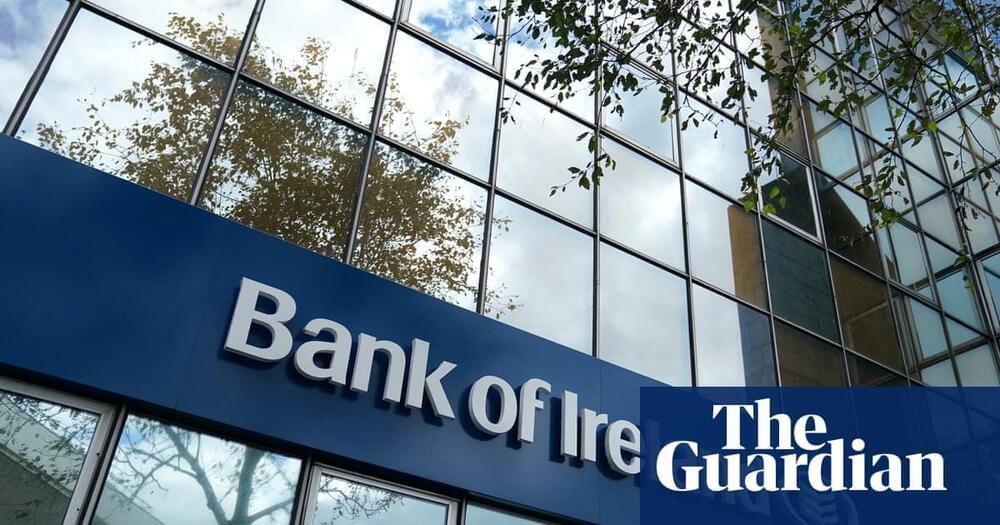Countering China and bolstering national security dominated the conversation in a Hilton hotel on Guam, 15 hours before and oceans away from the Milwaukee arena hosting the first Republican primary debate.
Nine members of the GOP-led House committee on natural resources convened in the US-governed Pacific island territory for a rare field hearing – during the summer recess – on countering China’s influence in the region.
At a time when Democrats and Republicans view China as an economic and global security threat, island nations who offer the US military proximity to China in exchange for aid emphasized they are especially vulnerable to Chinese cyber-attacks and economic exploitation as they struggle to recover from the pandemic.





 עברית (Hebrew)
עברית (Hebrew)
